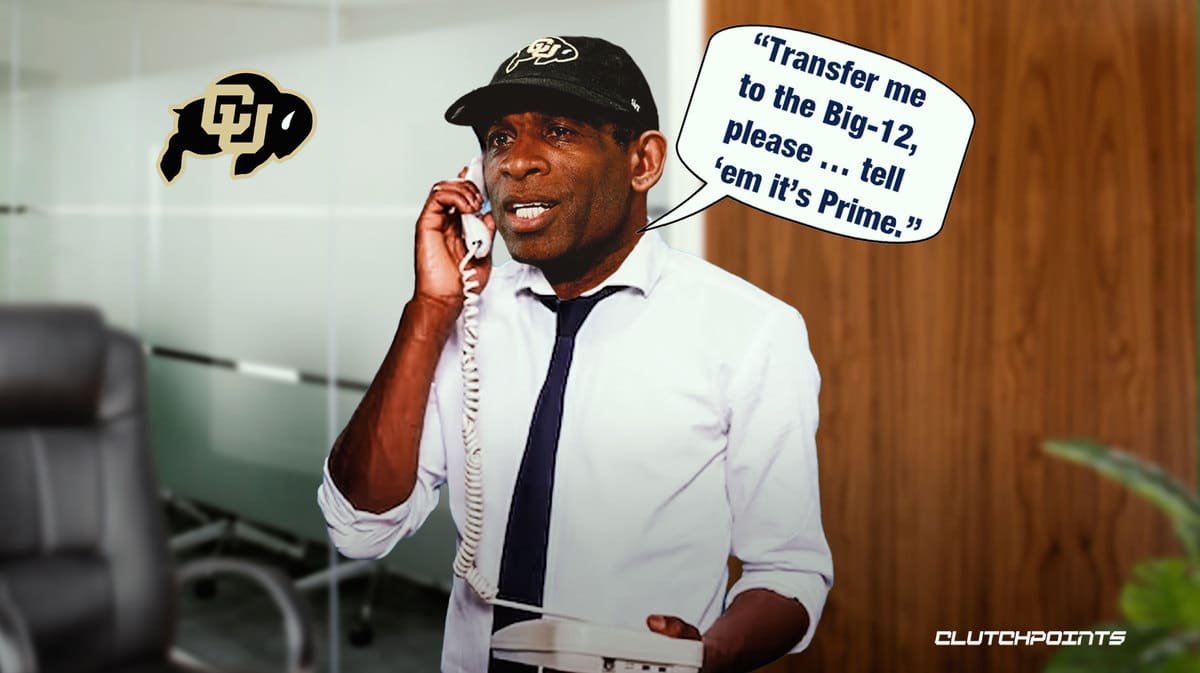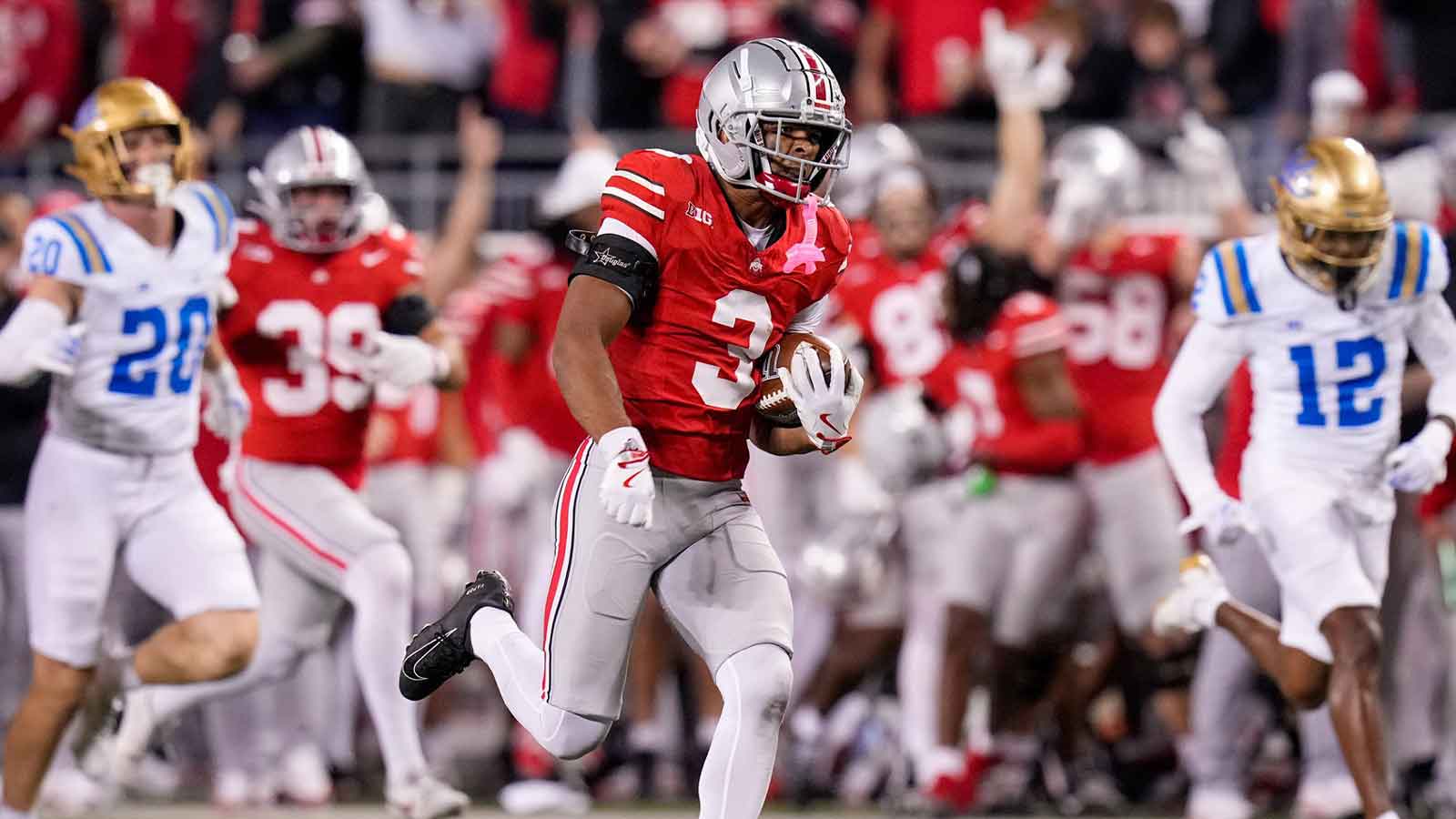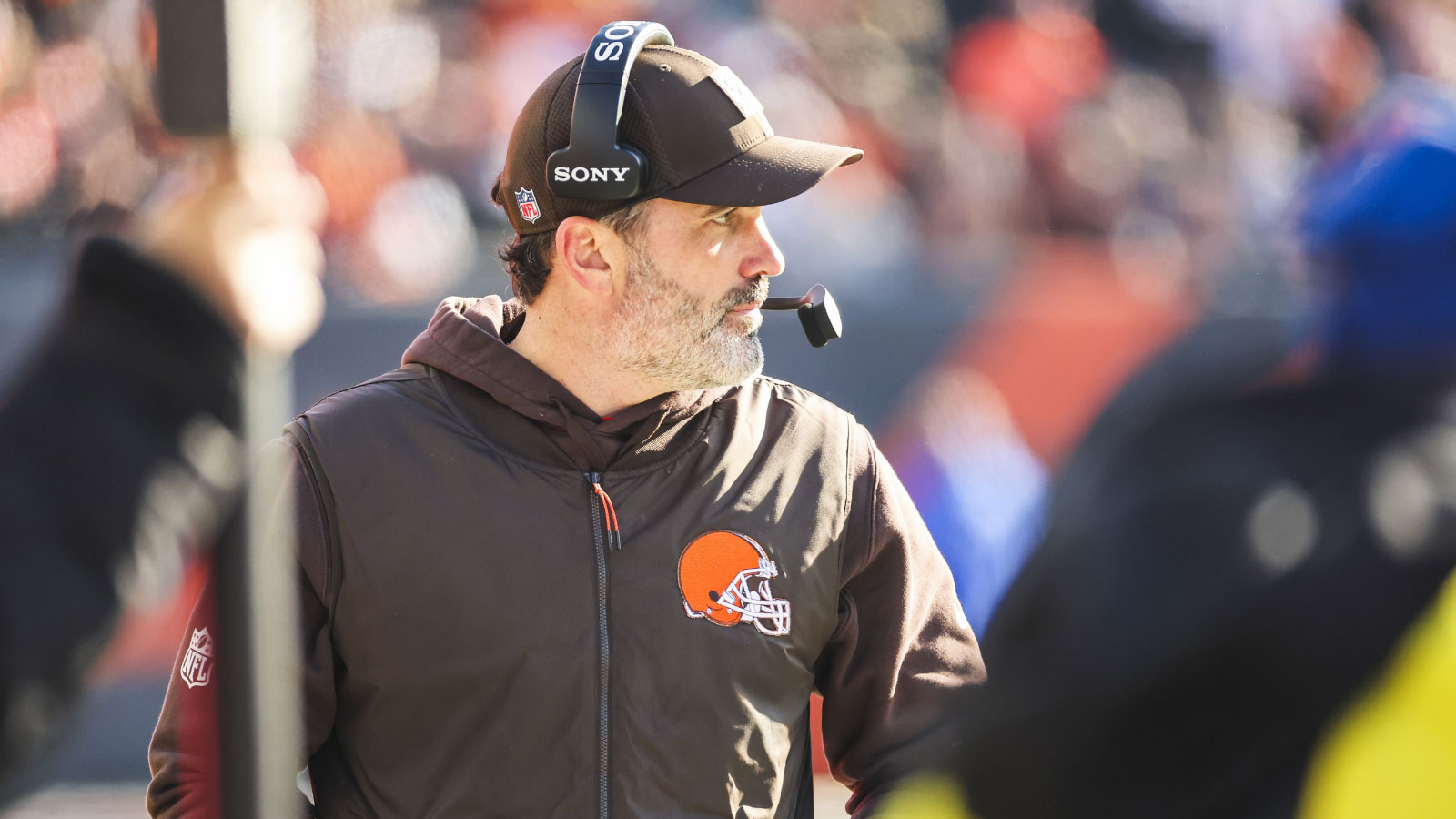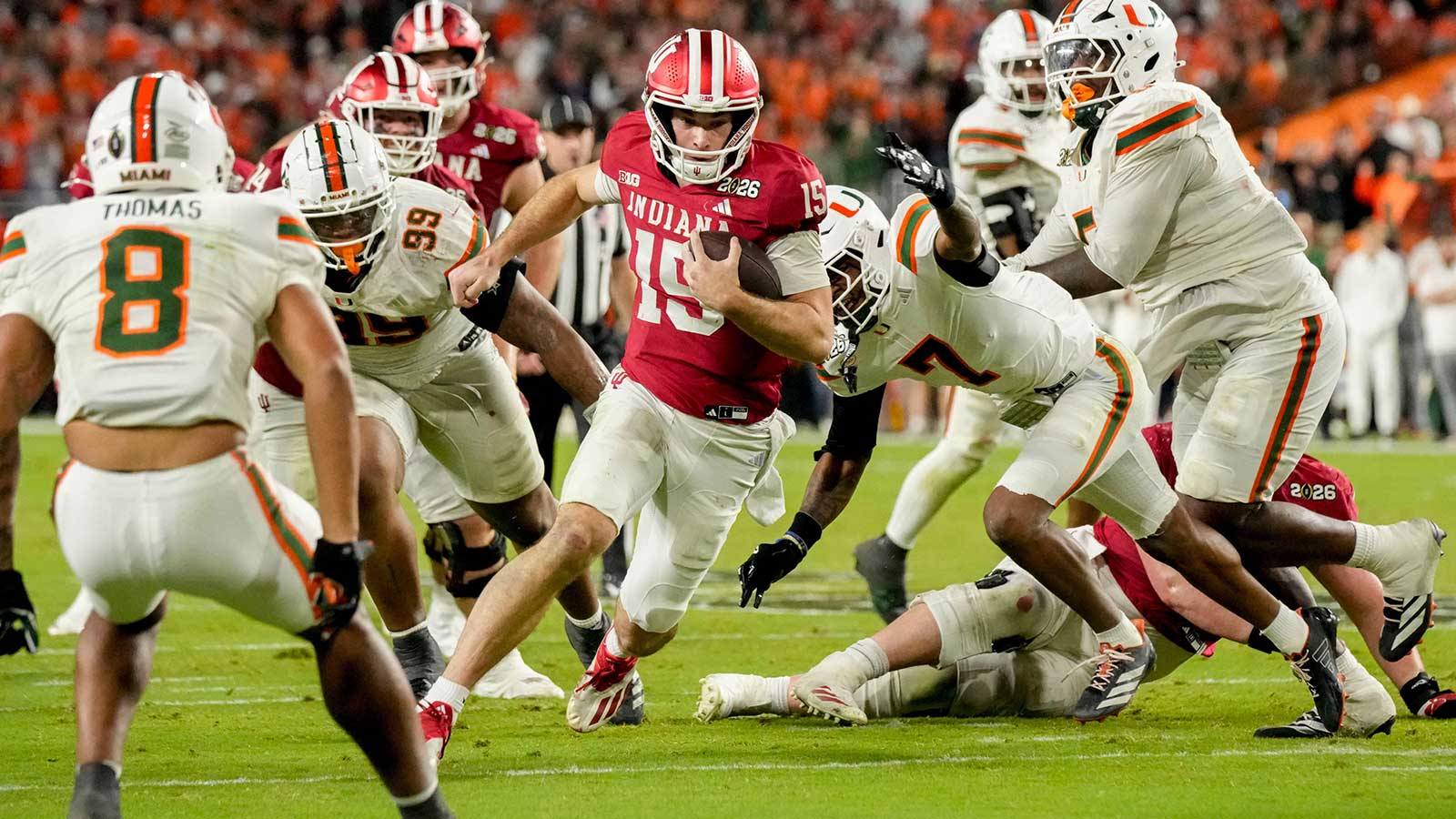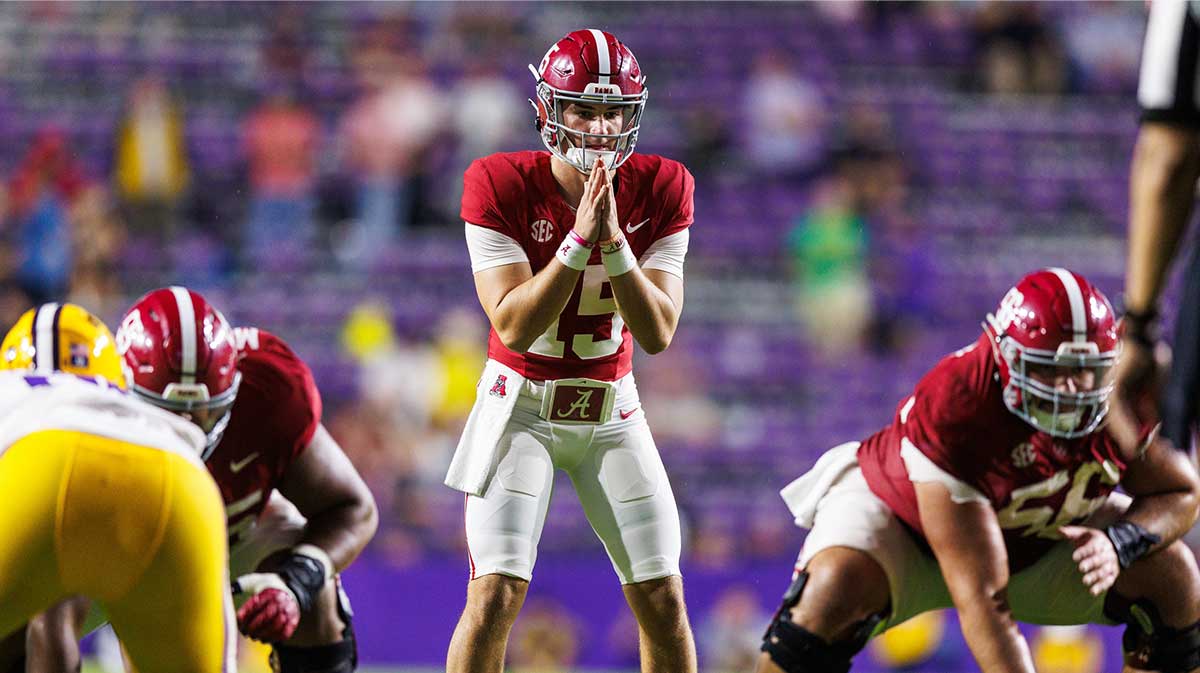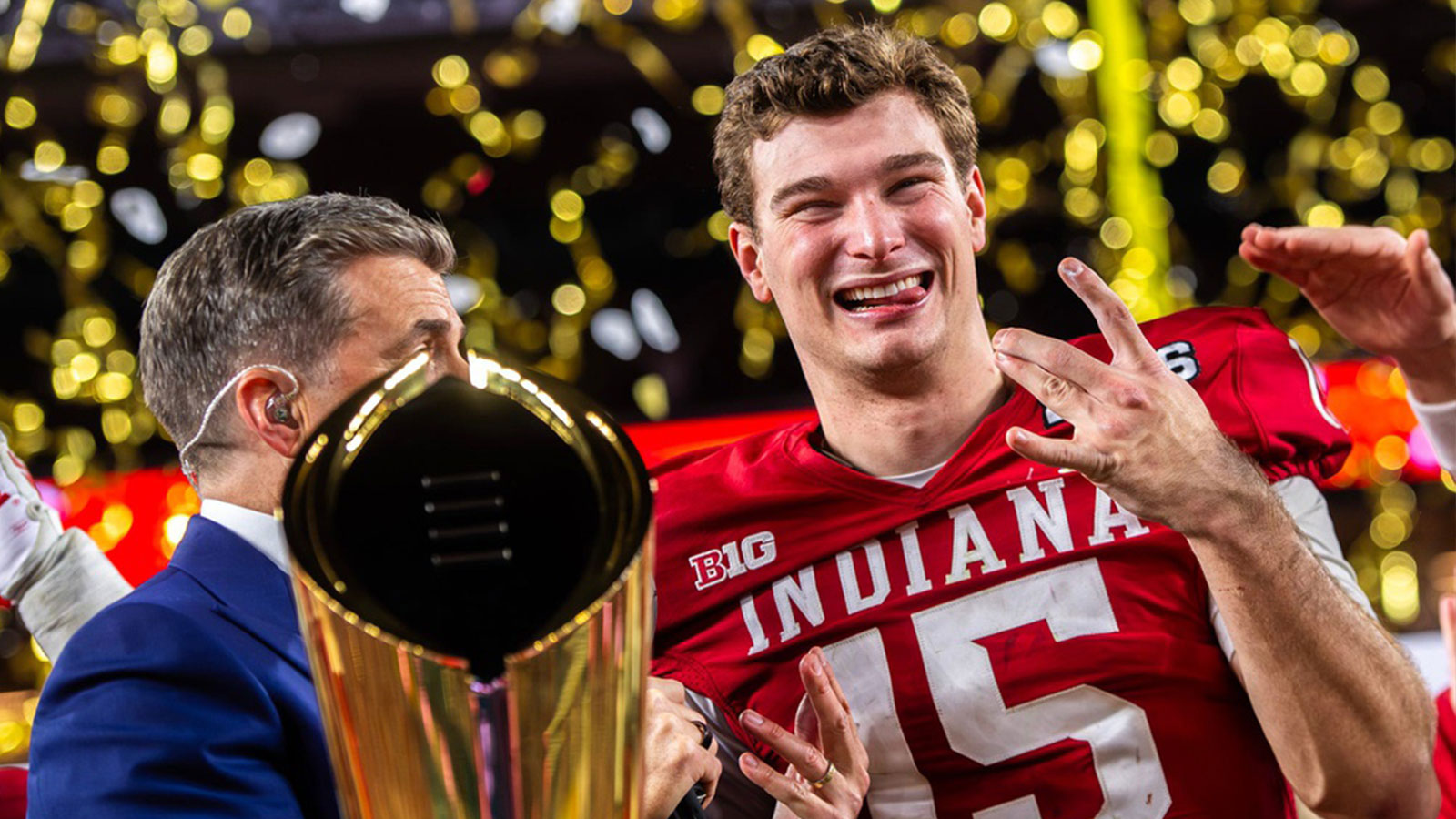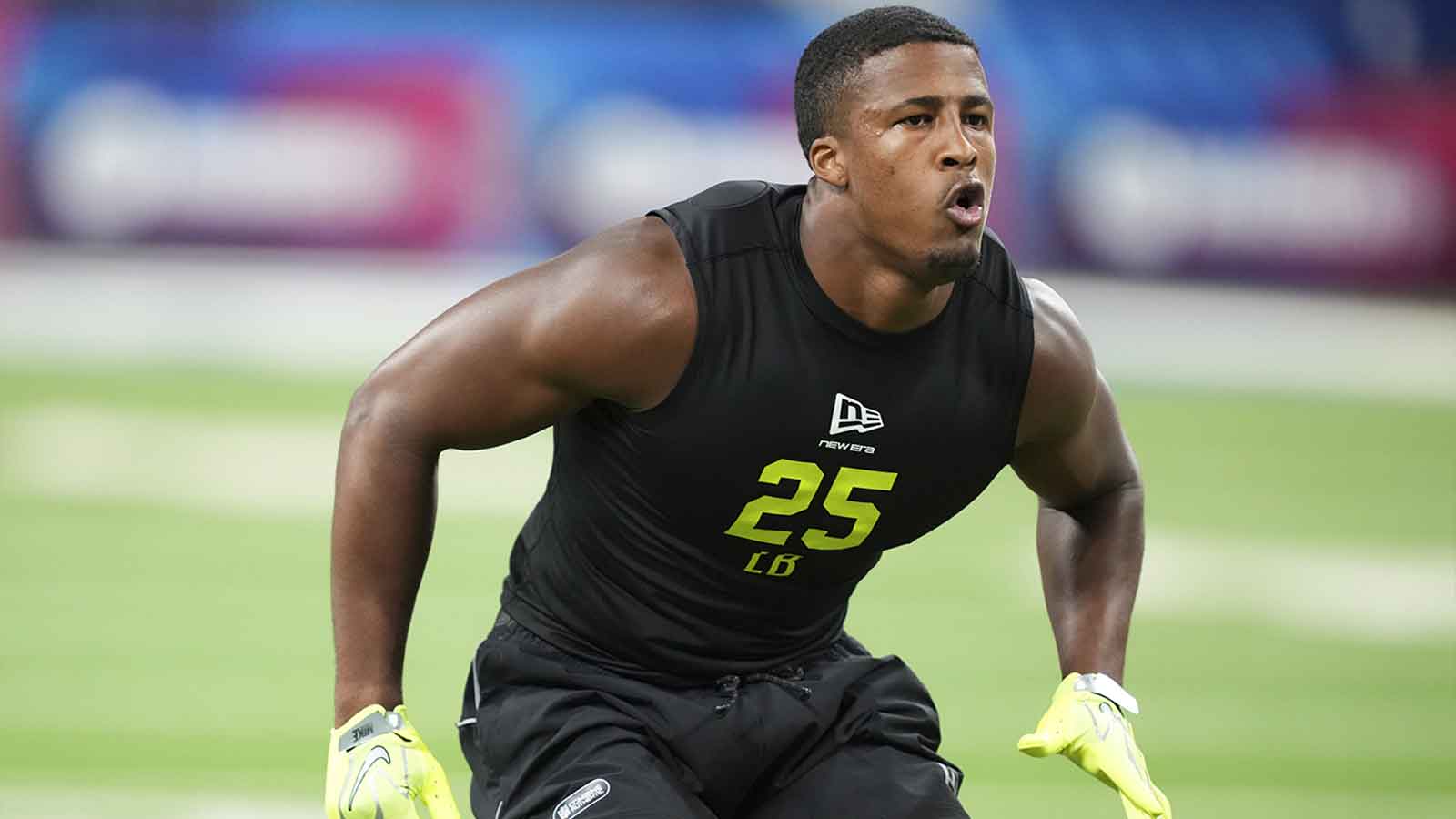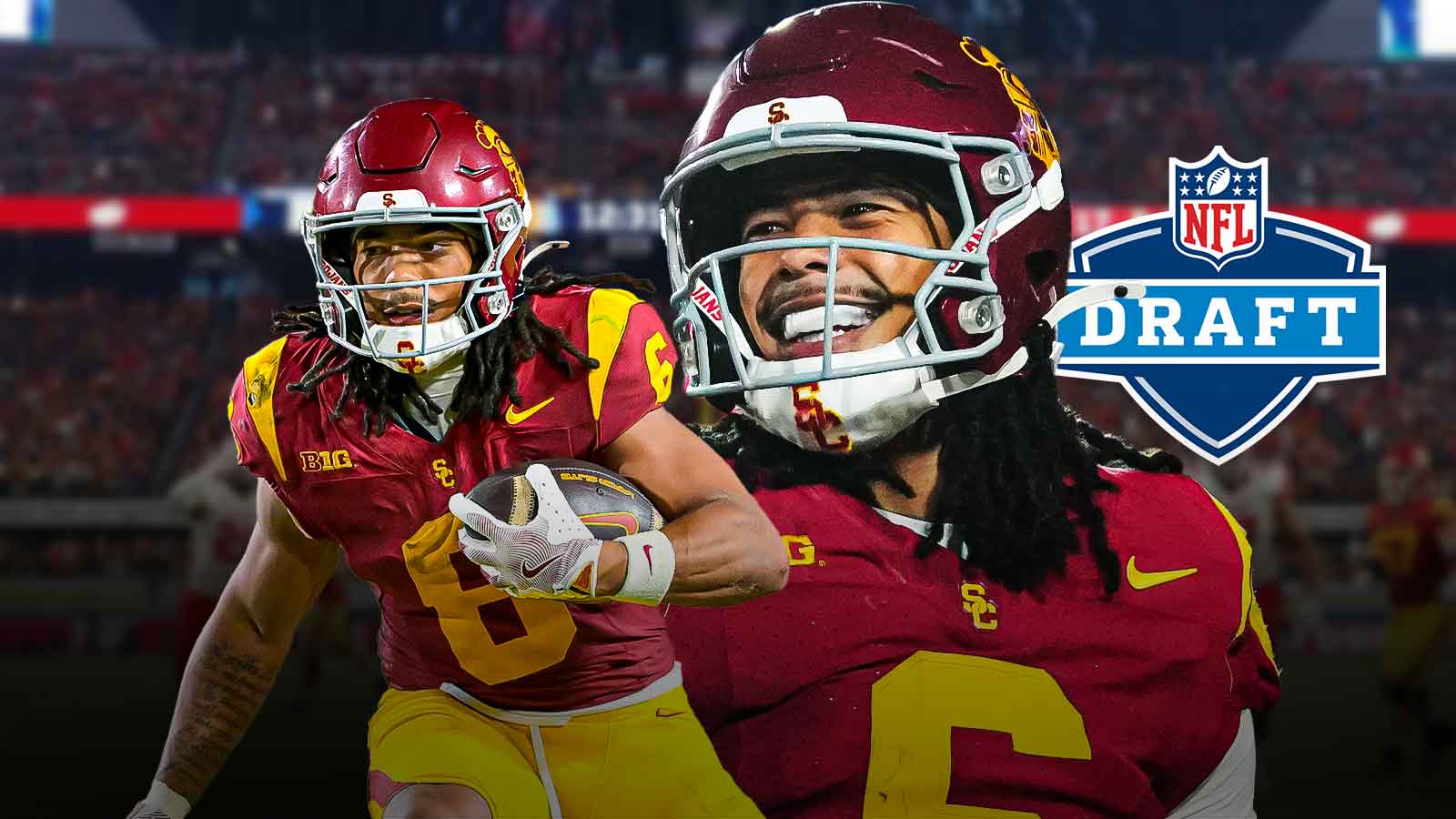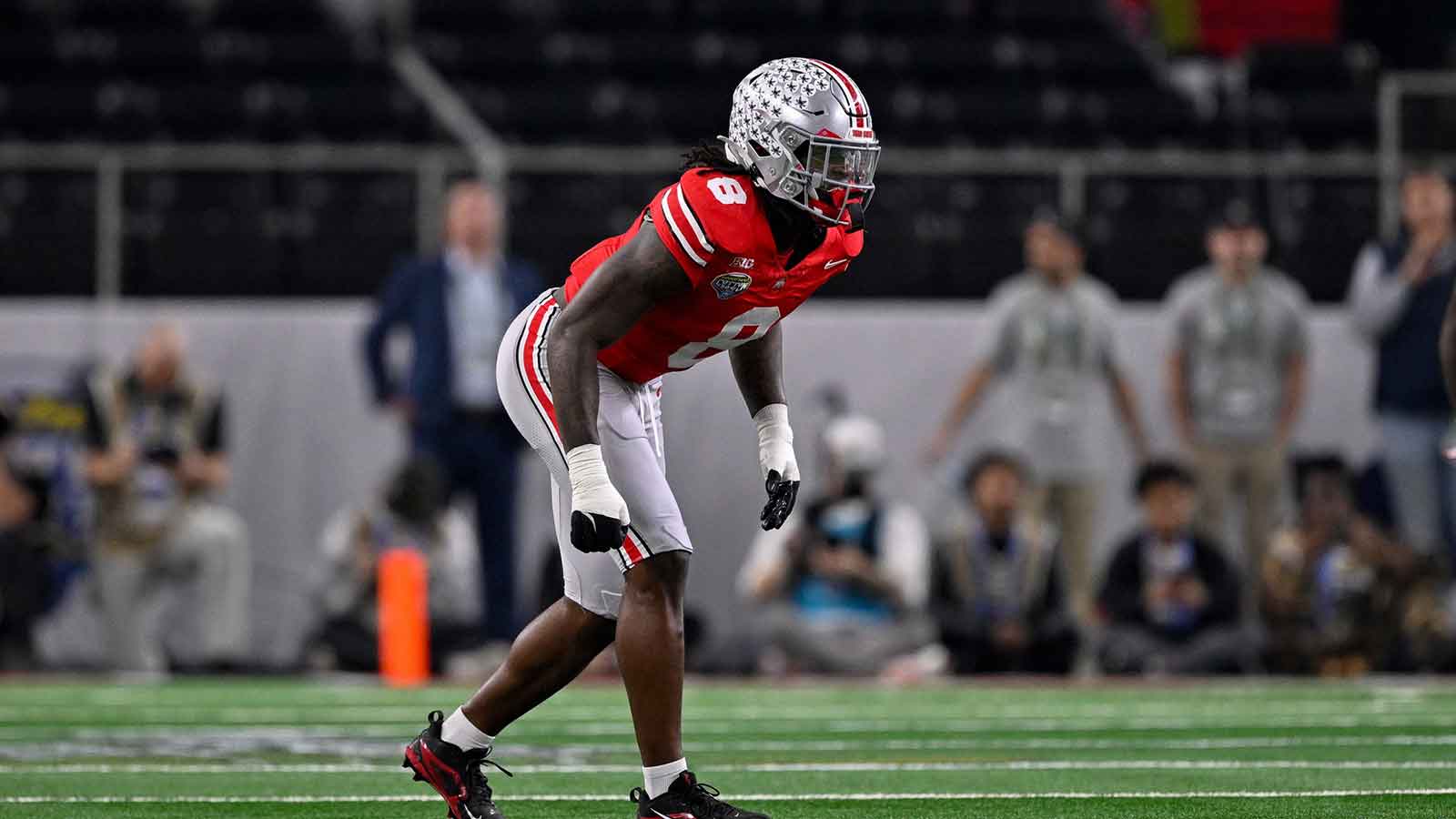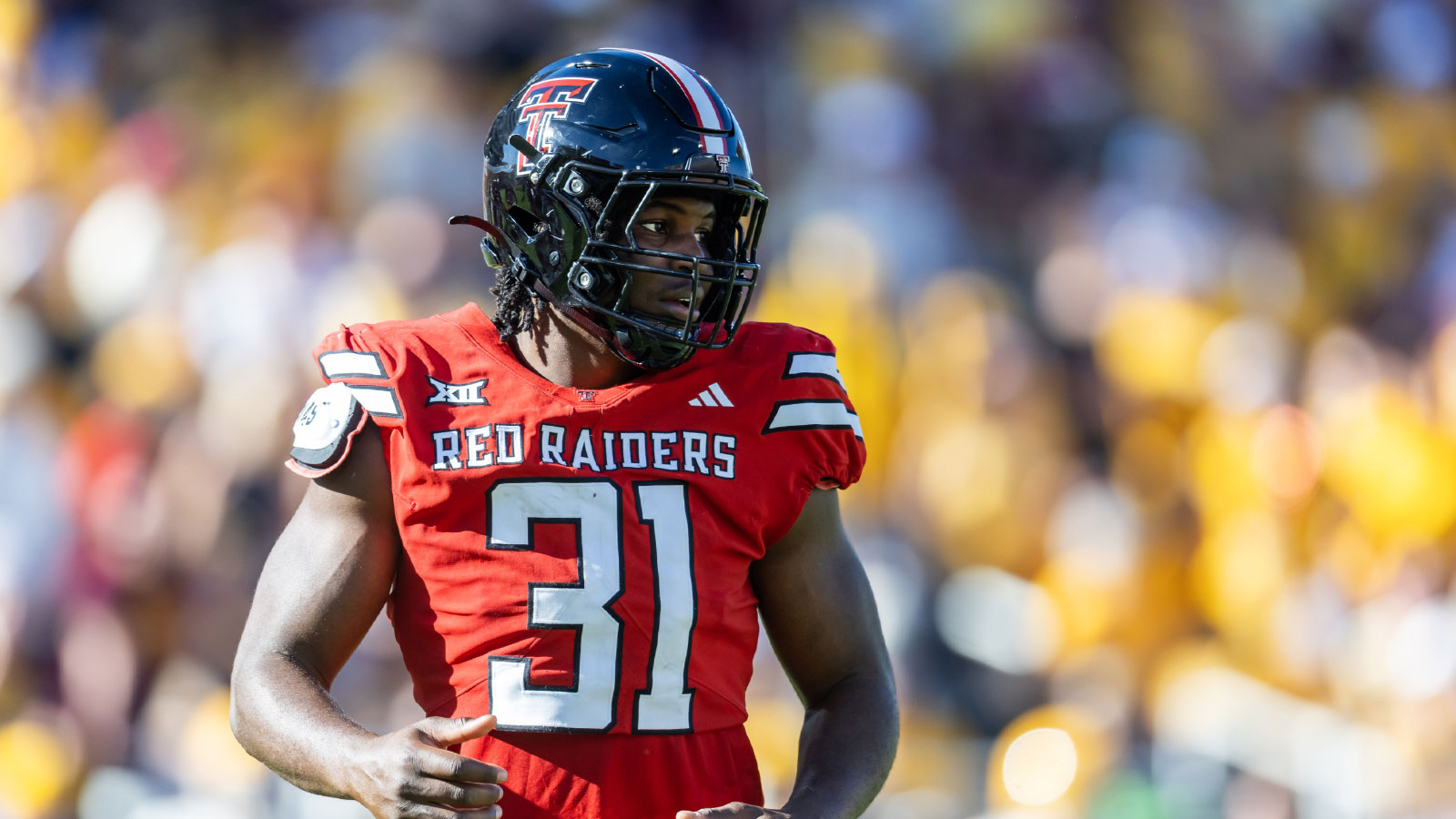When Deion Sanders, the iconic football player turned head coach, burst onto the college football scene, it was evident that he would bring a wave of transformation with him. From his days as a player at FSU to his careers in the MLB and NFL, Sanders has always been associated with unconventional methods and an unapologetic personality. Now, as he embarks on his first season as the Colorado Buffaloes' head coach, the disruptions he has initiated through the transfer portal are just the beginning.
Sanders' influence has the potential to impact much more, including the prospect of Colorado transitioning out of the Pac-12.
Make no mistake about it—Colorado is placing its entire program on the foundation of Deion Sanders. When Colorado athletic director Rick George signed Sanders as the head football coach in December of last year, he made that abundantly clear.
As Sanders prepares for his inaugural regular season game, one of the program's most crucial decisions may lie largely in his hands.
Could Colorado find a new home in the Big-12?
The Pac-12, currently Colorado football's conference home, is in a state of uncertainty as it anxiously awaits a media rights deal that will shape its future. Over the past several months, the Pac-12 has engaged in ongoing discussions, particularly with ESPN, in the hopes of securing a favorable broadcasting agreement. However, the prospects of such a deal appear unpromising.
ESPN seems to be out of the picture as a potential partner for top-tier Pac-12 programming, Dennis Dodd at CBS Sports reports. With the expiration of the conference's current contract with Fox and ESPN in 2024, the clock is ticking, and the sun appears to be setting on the Pac-12.
Finding not only a relevant broadcasting partner, but also one that can provide financial benefits to its teams is crucial for the Pac-12's survival. The conference is seeking a media rights sharing agreement comparable to the Big 12, aiming for around $32 million per team.
This financial boost would help propel the conference forward, enabling it to maintain relevance within the college football landscape and potentially even expand by adding other schools. However, it would still fall short of heavyweight conferences like the SEC and Big 10.
The doubt surrounding a new contract with ESPN is understandable. As the sports media giant undertakes cost-cutting measures, it questions the value of investing millions of dollars into a conference that may have a limited future.
With prominent teams like USC and UCLA departing for the Big Ten after the 2023 season, the Pac-12's remaining valuable assets are Oregon and Colorado, with the latter yet to prove itself under Sanders' leadership.
ESPN and other networks need compelling reasons to allocate significant resources to a conference that lacks certainty and high-profile schools.
Currently, the only rumored network expressing interest is NBCUniversal, specifically on USA Network. However, such a move would represent a downgrade for the conference, resulting in reduced exposure and, undoubtedly, less financial gain.
In light of these circumstances, a move back to the Big 12 for Colorado seems increasingly likely, if not inevitable.
“Colorado is ready to commit joining the Big 12 ‘soon,'” the Oklahoman's Berry Tramel reported.
As the Big 12 seeks to solidify its position as the preeminent third wheel in the conference realignment saga, it must secure teams like Colorado for its own survival. At present, this outcome appears more promising than the Pac-12's future.
But would Colorado's desirability be as high if it were not for Sanders?
Total amount distributed by each Power 5 conference PER SCHOOL in 2021-22 fiscal year via @usatodaysports:
Big Ten $58.8 million
SEC $49.9 million
Big 12 $42-$44.9 million
ACC $37.9-$41.3 million
Pac-12 $37 million— Brett McMurphy (@Brett_McMurphy) May 19, 2023
Deion Sanders' influence as a leverage for Colorado's move
Amidst the ongoing discussions surrounding media rights, one thing has become abundantly clear: Sanders' support is pivotal to any potential move by Colorado to the Big 12. He stands at the epicenter of every decision the Buffaloes make going forward.
Without Sanders at Colorado, it is unlikely that the Big 12 would even consider the program. With just two winning seasons in the past two decades, Colorado's appeal is limited. However, the presence of Deion “Prime” Sanders changes the equation entirely.
Since his arrival, Sanders has injected new energy into the Colorado football program. His showmanship, unique coaching style, and controversial usage of the transfer portal have only amplified his impact.
He has already leveraged his reputation as a football legend to secure a Power-5 head coaching position, attract talented players, and potentially revive a once lackluster program. Could his influence be potent enough to save one conference while simultaneously dismantling another?
Sanders' charisma has demonstrated that he is not only an appealing figure for recruits seeking a transformative college experience but also for a conference like the Big 12.
While many initially thought Sanders was solely focused on transferring players in and out, few anticipated his ability to transfer the entire Colorado sports program to a different conference.
As the discussions continue and the landscape of college football undergoes further transformations, Deion Sanders remains a central figure in the narrative. His presence alone has already set the wheels of change in motion, and his impact could extend far beyond Colorado, potentially reshaping the college football landscape as we know it.

